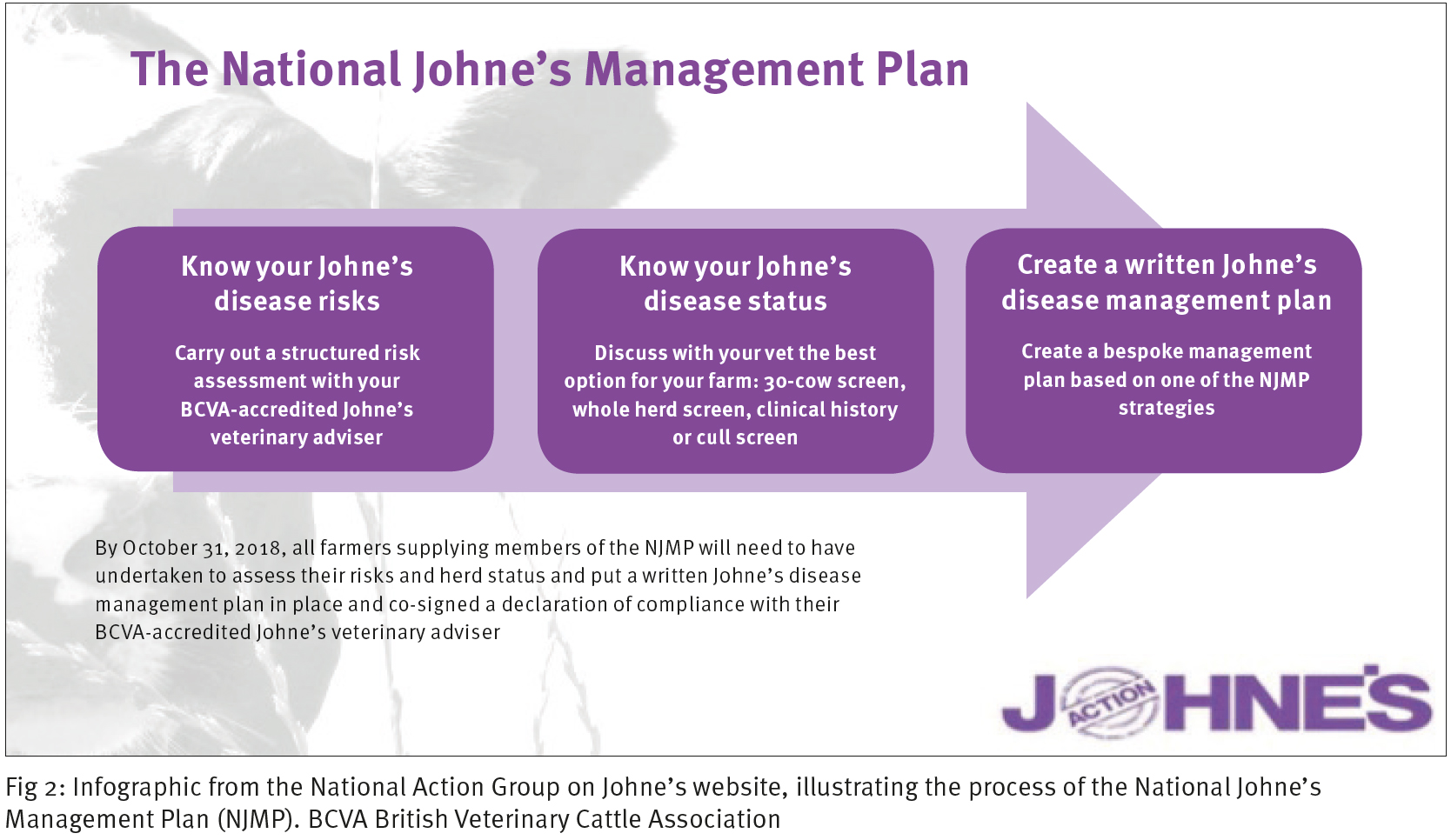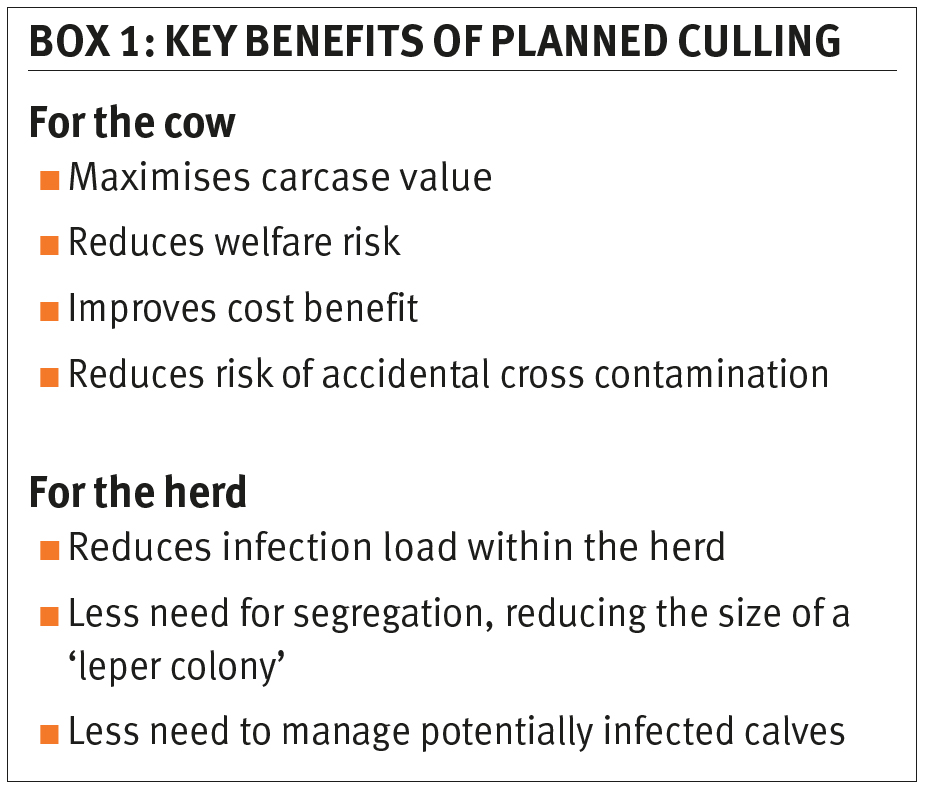In the second of two JD articles, veterinarians Pete Orpin, Dick Sibley and Karen Bond provide an excellent overview of UK’s national program to control Johne’s disease. The principles apply to all nationally coordinated efforts facilitated by specially qualified veterinarians.
The article appears in the UK magazine In Practice. The magazine publishers have generously provided readers of Johnes.org news exclusive free access to the full article.

As stated in the summary of their article:
Any JD management plan should meet the principles of any good herd health plan, in accordance with the VESPA acronym used in the British Cattle Veterinary Association’s health planning training:
- Valued – it must engage the farmer and all the staff;
- Effective – it must be robust and cover all components of the strategy;
- Specific – it has to be detailed to fit with the specific management and husbandry of the farm;
- Practical – it has to be deliverable by the farm and the staff, within the resource limitations;
- Agreed – it has to be agreed by all involved as a practical and deliverable plan.
Here’s an example of the messaging in this important article:

About the authors:
Pete Orpin qualified from the University of Bristol in 1983 and worked as a farm vet within the Park Vet Group in Leicestershire for 35 years before retiring. He is a founding member of Action Group Johne’s and chair of its technical group, and is a director of Myhealthyherd.
Dick Sibley qualified from the University of Bristol in 1977 and is currently a practicing vet in Witheridge, Devon. A founding member of Action Group Johne’s and director of Myhealthyherd, he has had a long interest in the practical management and control of infectious diseases, including bovine viral diarrhea, tuberculosis and Johne’s disease.
Karen Bond qualified from the University of Glasgow in 2000 and works as a veterinary adviser for National Milk Records, where she has a special interest in the testing and management of infectious disease. She is currently undertaking a PhD in Johne’s disease transmission on dairy farms.
Comment: I wish to thank the publisher, BMJ, for granting access to these excellent articles on Johne’s disease published in In Practice, a publication of the British Cattle Veterinary Association.